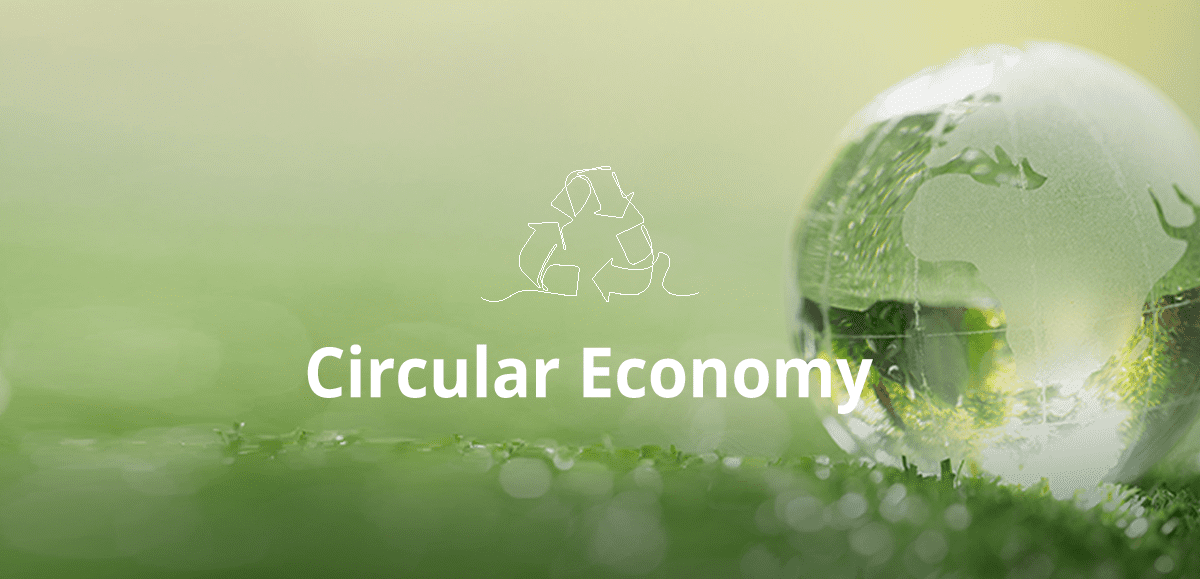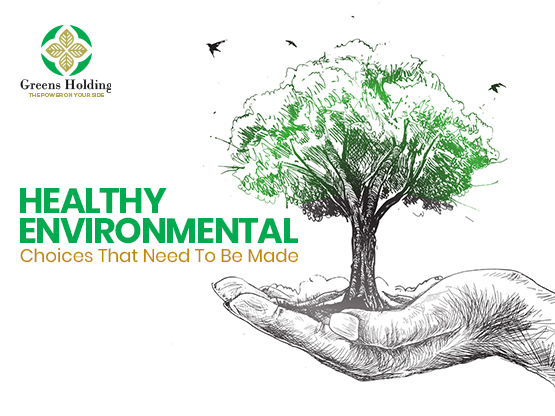Islamic finance and the rise of green sukuk
In the current world, environmental sustainability and protection have become increasingly important issues. One way in which organizations and governments are working towards these goals is through the use of green sukuk. Green sukuk are Islamic financial instruments that are used to fund environmentally-friendly projects. They are similar to traditional bonds, but differ in that they represent ownership in a specific asset or project, rather than a debt.
Islam has always placed a strong emphasis on the importance of protecting the environment and promoting sustainability. In the Qur’an, it is stated that God has created the earth and all its resources for the benefit of all humanity, and that we have a responsibility to preserve and protect these resources for future generations. This principle is reflected in the principles of Islamic finance, which seek to achieve economic development in a way that is ethical, socially responsible, and environmentally friendly.
What are green sukuk?
Sukuk, also known as Islamic bonds, are financial instruments that are used to raise capital in accordance with the principles of Islamic finance. They are similar to traditional bonds, but differ in that they represent ownership in a specific asset or project, rather than a debt. Green sukuk are a type of sukuk that are specifically designed to fund environmentally-friendly projects.
Green sukuk have several characteristics that make them unique. First, they are issued to fund projects that have a positive impact on the environment, such as renewable energy, waste management, and conservation. Second, the returns on green sukuk are tied to the performance of the underlying asset or project. This means that investors in green sukuk receive a share of the profits generated by the project, rather than a fixed interest rate. Finally, green sukuk are structured in a way that ensures that the assets or projects being financed are operated in a sustainable manner.
The Islamic perspective on green sukuk:
The principles of Islamic finance are based on the principles of the Qur’an and the teachings of the Prophet Muhammad (peace be upon him). These principles include the prohibition of riba (usury), the promotion of risk-sharing and profit-loss sharing, and the prohibition of investments in industries that are harmful to society or the environment. Green sukuk align with these principles in several ways.
First, green sukuk avoid the prohibition of riba by tying returns to the performance of the underlying asset or project. This allows investors to share in the profits or losses of the project, rather than receiving a fixed return based on interest.
Second, green sukuk promote risk-sharing and profit-loss sharing by linking returns to the performance of the underlying asset or project. This aligns the interests of investors with the success of the project, encouraging them to ensure that the project is operated in a sustainable manner.
Several Islamic scholars have issued fatwas (religious edicts) on the permissibility of green sukuk. These fatwas have generally been positive, stating that green sukuk are a valid form of financing that is consistent with the principles of Islamic finance.
Case studies of successful green sukuk issuances:
There have been several successful issuances of green sukuk in recent years. One notable example is the issuance of green sukuk by the Government of Malaysia in 2017. This issuance was oversubscribed, with demand for the sukuk exceeding the amount available by more than three times. The proceeds from the sukuk were used to fund the construction of a mass rapid transit system in Kuala Lumpur, which is expected to have a positive impact on the environment by reducing carbon.
Another example of a successful green sukuk issuance is the issuance by the Islamic Development Bank (IDB) in 2018. The IDB is an international financial institution that promotes economic development in Muslim countries. The proceeds from the green sukuk were used to fund a variety of environmentally-friendly projects, including renewable energy, waste management, and conservation.
The impact of green sukuk issuances on the environment and the economy can be significant. For example, the mass rapid transit system funded by the Malaysian green sukuk is expected to reduce carbon emissions by approximately 1.2 million tons per year. This will not only benefit the environment, but also the economy, as it will reduce the country’s reliance on fossil fuels.
Conclusion:
Green sukuk are an innovative way to fund environmentally-friendly projects in accordance with the principles of Islamic finance. By linking returns to the performance of the underlying asset or project, green sukuk promote risk-sharing and profit-loss sharing, and avoid the prohibition of riba. Successful issuances of green sukuk, such as those by the Governments of Malaysia and the IDB, demonstrate the potential of these instruments to promote sustainability and environmental protection.
#greensukuk #Islamicfinance #sustainability #environmentalprotection
References:
- Islamic Financial Services Board. (n.d.). Sukuk.
- Islamic Development Bank. (2018). Green Sukuk: An Innovative Financing Instrument for Sustainable Development.
- Islamic Finance News. (2017). Malaysian green sukuk sees strong demand.
Discover the innovative way to fund environmentally-friendly projects in Islam”
“How green sukuk are aligning finance with sustainability and environmental protection”
“The Islamic perspective on green sukuk: Promoting ethical and sustainable development”
“Case studies of successful green sukuk issuances: Transforming the world through finance”
“The future of financing environmentally-friendly projects: The rise of green sukuk”
Fasih ur Rehman
#greensukuk #Islamicfinance #sustainability #environmentalprotection #greeninvesting #cleanenergy #renewableenergy #wastemanagement #conservation #climatechange
Tags In
Related Posts
Leave a Reply Cancel reply
Categories
- GreensProject (24)




